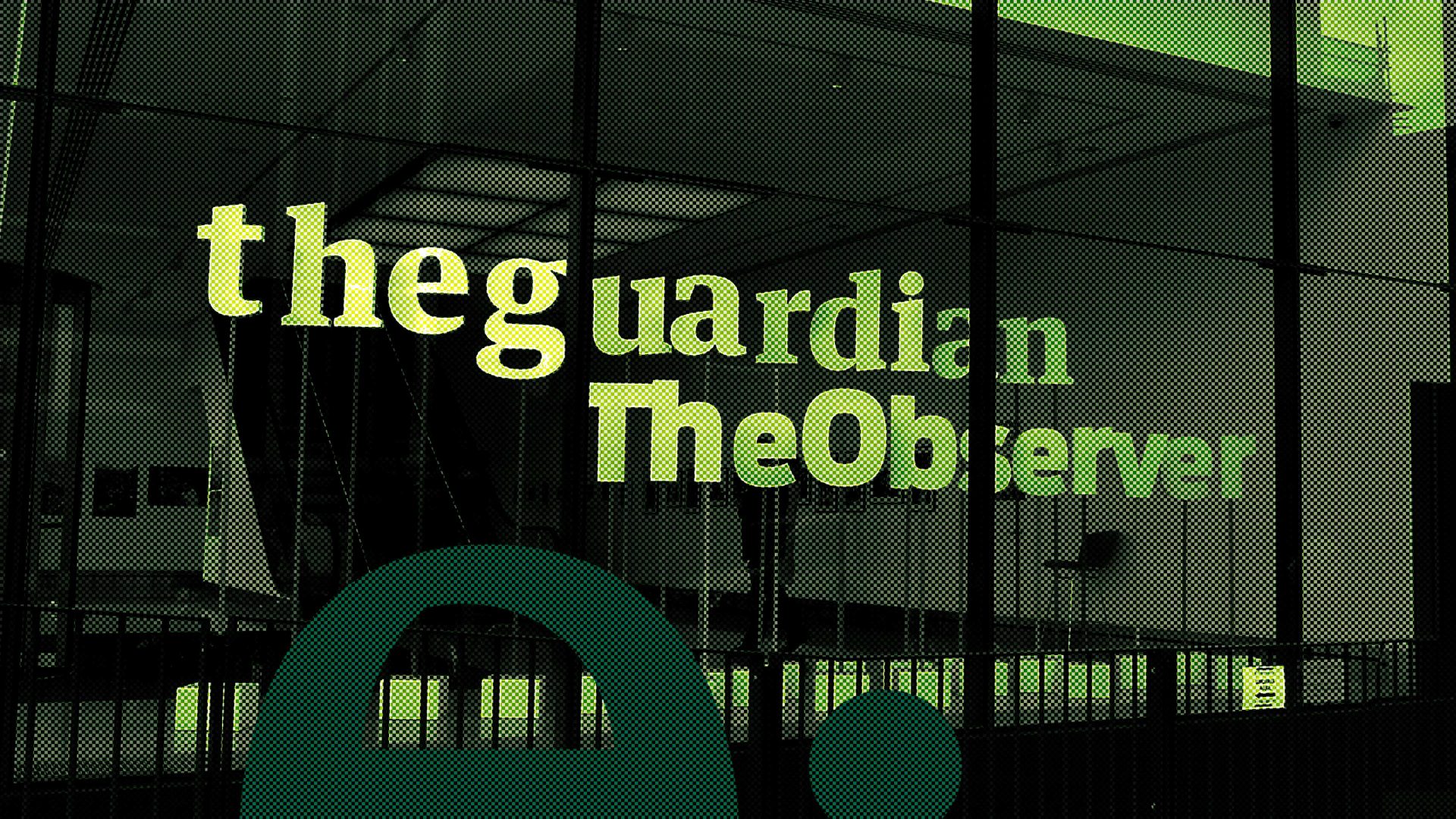Cyprus was once a congenial bolthole for Russians who sought security for their business, with minimal controls or taxes. The coastal resort of Limassol was dubbed “little Russia”, and visitors likened it to a smaller version of Dubai where the names of skyscrapers were in Cyrillic rather than Arabic. Cyprus became a launchpad for investments in other EU countries and the island prospered.
Now the Russian money is leaving and Cyprus is turning against its eastern European expatriates – Belarusians as well as Russians, who once served them so well. They are taking their families with them. The Russian population of the island has fallen from 120,000 at its peak to a reported 50,000.
Back in 2014, Rafael Kharisov, a Russian businessman, was finding Vladimir Putin’s Russia increasingly inhospitable. A leading Cypriot lawyer, Christodoulos Vassiliades, advised him to sell up his industrial company in Russia and bring his family over to Cyprus.
Russian businessmen had started setting up companies in Cyprus as early as 2000, when the two countries agreed an “income and capital tax treaty” that gave Russians beneficial tax arrangements if they established companies there. It was a perfectly legal approach that attracted hundreds of thousands of Russian companies and their owners. Kharisov set up a number of Cyprus companies, including Beleverd Holdings Limited, which was registered in Cyprus in 2014.
In due course some 120,000 Russians were reported to have moved to the island.
Cyprus proved congenial for the Kharisovs for seven years, but when Russia invaded Ukraine in 2022, new sanctions forced Cypriot banks to close accounts held by Russians, and the degree of financial scrutiny intensified. The light-touch financial regulation that had made the island so attractive suddenly turned much tougher.
Marios Kyriakos, who heads the compliance department at the Bank of Cyprus, the island’s biggest bank, said: “Russia has become a high-risk venue for us and we do not want them. The Russians who we have allowed to hold bank accounts live here, have genuine interests here and are largely retirees.”
Another Cypriot adviser, Stelios Platis, said that the Cypriot crackdown had been so severe that it was easier for Russians to set up bank accounts in London.
The time for the Kharisov family to move on had arrived. In early 2022 Kharisov brought his family over to the UK to start a new life.
Shortly after their arrival in the UK, his wife, Katerina Kharisova, an artist, started to show her work in London, where she promotes herself as “Tsyganka” (Russian for a female gypsy).
While Cyprus’s purge of its wealthy Russian visitors continues, and many like the Kharisovs leave for safer, if less pleasant, climes, much of their money remains on the island.
“Many hundreds of millions worth of Russian money has been left behind and invested in buildings and in bank accounts,” says Platis. “But no one does anything about that… our leaders and regulators are afraid to break eggs. They don’t want to punish anyone.”
Which means that Russians are now looking for the next safe haven where they can protect their wealth from both the taxman and international sanctions. My taxi driver in Nicosia was convinced that many of them had simply gone into North Cyprus, where Turkish financial oversight is known to be much less rigorous.
A few Cypriots made fortunes from the Russian financial influx to their island, but for the majority of Cypriots this invasion of foreign capital has passed them by. The Russians have left little behind. What remains is a phalanx of skyscrapers and a tarnished reputation that the island’s leaders are struggling to repair.
Nick Kochan is a financial and political journalist based in London



